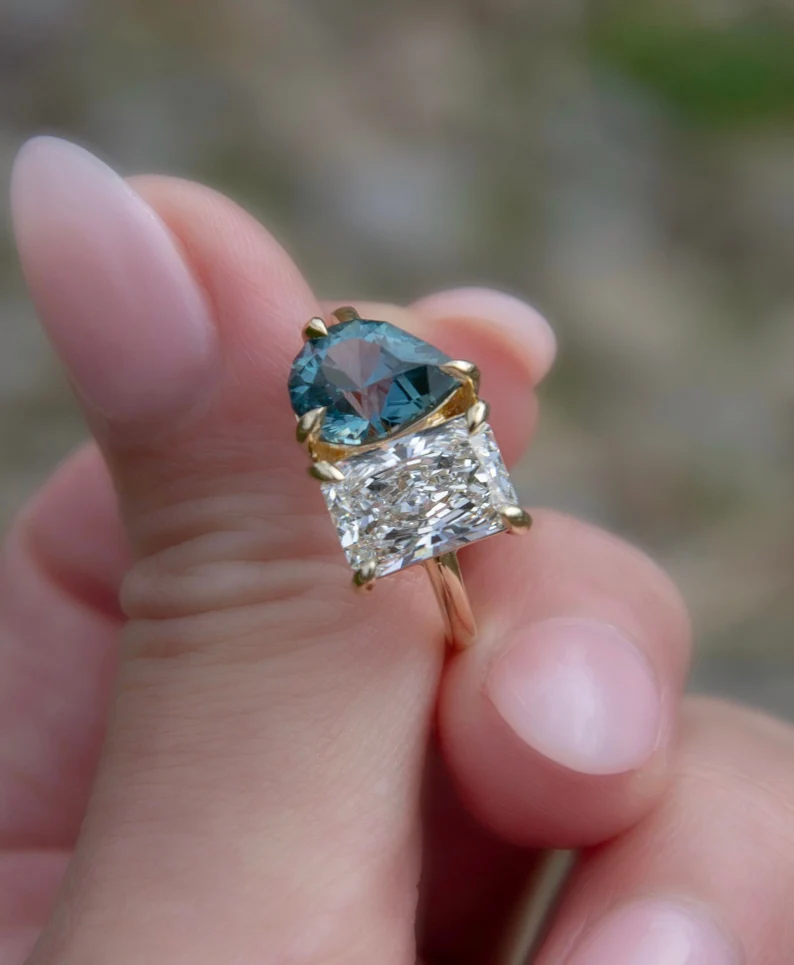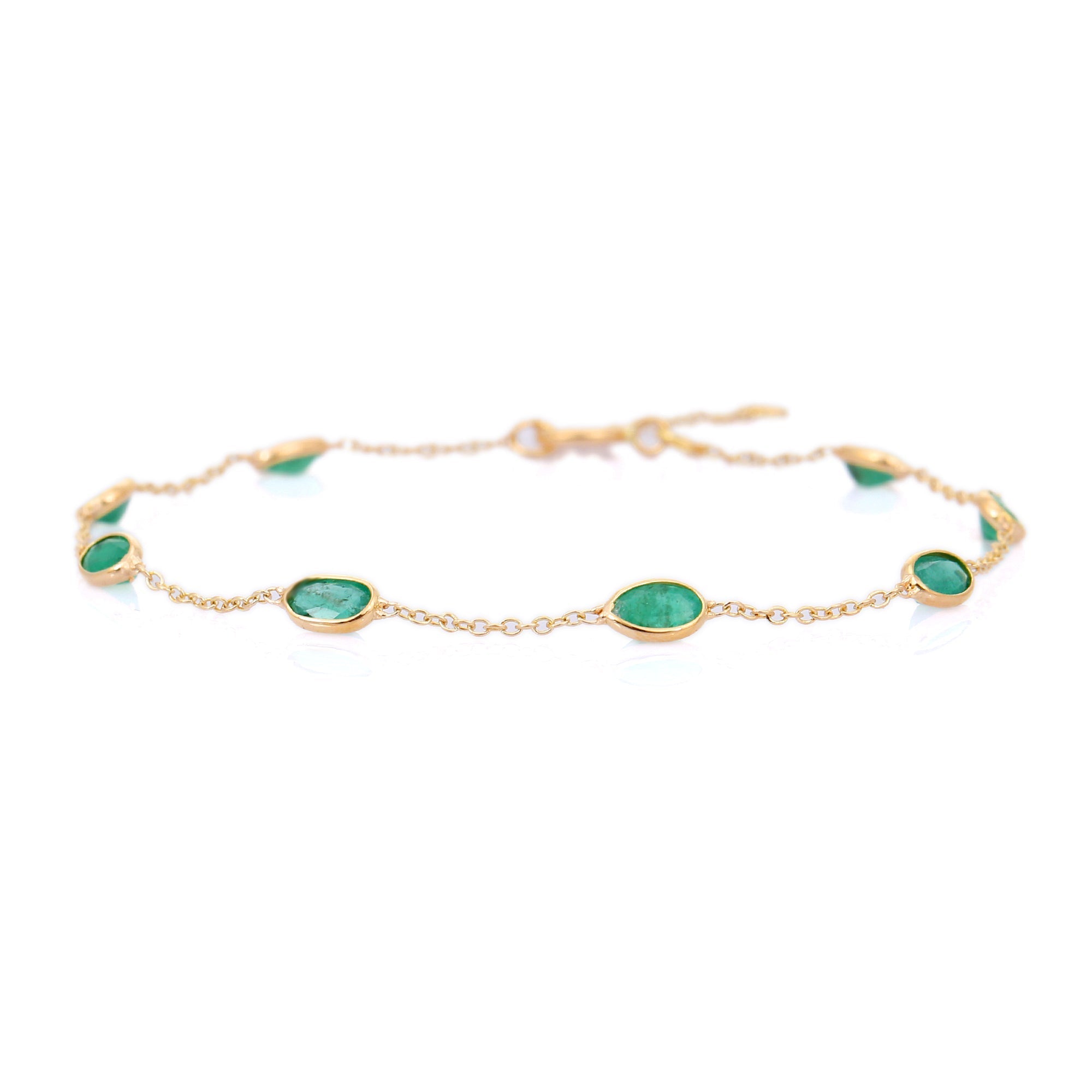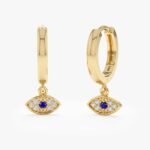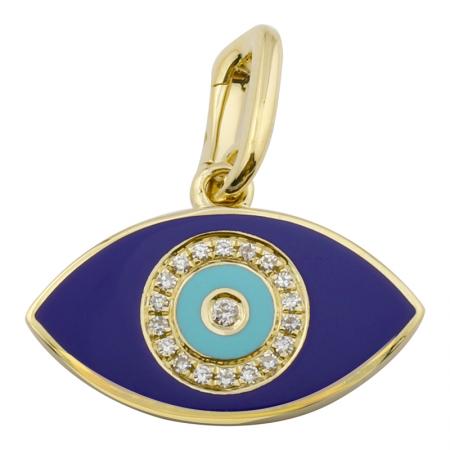Consignment vs Instant-Buy: Which Gets You Paid Faster?

Selling jewelry quickly often means choosing between two very different paths: consigning the piece through a gallery, auction house, or online marketplace, or taking an instant-buy (also called a cash offer) from a dealer. Both get you paid, but they work on different timelines and pay structures. This article compares the two, explains the trade-offs with concrete examples, and gives practical tips to get the fastest, best outcome for the types of pieces people actually sell.
What “instant-buy” actually means — speed and trade-offs
Instant-buy is a direct sale to a dealer or buyback program that pays you on the spot or within a few days. The speed comes from the buyer taking immediate ownership and all resale risk.
Why prices are lower: the buyer must cover refurbishment, marketing, and the risk of resale. Expect offers typically in the range of 40%–70% of estimated resale value for high-quality pieces, and lower for small diamonds, non-branded jewelry, or damaged items.
Example: a 1.00 ct G VS2 round diamond engagement ring that might retail at $7,000. An instant-buy offer could be roughly $3,000–$4,500 depending on settings and market conditions. Payment is immediate or within 1–3 business days after ID and title confirmation.
What consignment means — longer, potentially higher proceeds
Consignment means you keep ownership while the seller lists and markets the piece. You get paid only after it sells. The advantage is a higher final price since the consignment outlet aims for retail-level buyers.
Why it can pay more: consignment exposes the piece to collectors and retail buyers willing to pay near-market prices. But there are costs: commissions, listing fees, photography, and a longer time on the market. Typical commission rates run 20%–40% at retail consignment shops; auction houses can charge total seller fees of 15%–25% plus optional marketing.
Example using the same 1.00 ct G VS2 ring: if it sells for $7,000 and the consignment fee is 30%, you receive $4,900. That’s higher than a low instant-buy, but you may wait 1–6 months or longer to get that check.
Direct timeline comparison
- Instant-buy: Payment same day to 3 business days. No further paperwork after sale. Best when you need cash quickly.
- Consignment: Typical sale window 30–180 days. Payment follows sale plus processing (7–30 days). Some sellers provide partial advances, but full payment waits on sale.
Which option gets you paid faster — the practical rule
If your priority is speed, instant-buy wins every time. Payment is immediate because a buyer assumes inventory risk. Consignment is faster only in rare cases where a consignment outlet has an existing buyer lined up or offers an advance against the item.
When instant-buy is the smarter choice
- Urgent cash needs. If you need money today for an emergency, instant-buy is the straightforward route.
- Lower-value items. Small diamonds (<0.30 ct), fashion jewelry, or unbranded lower-end pieces rarely accrue enough margin on consignment to justify the wait.
- Damaged or unrepairable pieces. Buyers who specialize in scrap gold or stone recovery will offer immediate cash for metals and stones.
- No documentation. If you don’t have receipts or certificates, dealers often still buy instantly whereas consignment buyers prefer documented provenance.
When consignment is worth the wait
- High-quality stones and branded pieces. Certified diamonds (GIA, AGS) ≥0.50 ct, designer jewelry, and collectible watches often get better prices on consignment.
- Unique or vintage items. Serious collectors look through consignment channels and auctions. Expect better net proceeds after fees.
- Flexible timeline. If you don’t need immediate cash, consignment increases your chance of a full-market price.
How to speed up either process — practical steps
Whether you choose instant-buy or consignment, these actions reduce time and increase offers:
- Get a current appraisal or lab report. A GIA/AGS certificate or grading report for diamonds removes buyer uncertainty and speeds any transaction.
- Clean and photograph professionally. Clean prongs and stones, then provide clear photos or let the buyer photograph for listing faster. Better presentation reduces time on market.
- Provide receipts and service records. For watches, include service history; for branded jewelry, include original box and papers. Provenance accelerates buyer confidence.
- Shop multiple instant offers. Dealers price differently. Getting 2–4 quotes can improve immediate proceeds without added delay.
- Set a realistic consignment price and time limit. Work with your consignor to set a reserve or a buy-it-now price. That lets you avoid indefinite holding periods.
Money math — two quick scenarios
Scenario A — Instant-buy for speed: 0.25 ct diamond ring retail ≈ $500. Instant offer ≈ 30% = $150. Payment immediate. Consignment net after 30% fee if sold at retail = $350 but likely slow or unsold. If you need cash now, instant-buy wins.
Scenario B — Consignment for value: 1.25 ct certified diamond ring retail ≈ $9,000. Instant-buy offer ≈ 50% = $4,500 immediate. Consignment sale at close-to-retail with 25% fee = $6,750 after sale. If you can wait, the $2,250 difference is meaningful.
Risks and red flags
- Instant-buy lowballers who pressure for immediate acceptance. Get written offers and compare multiple buyers.
- Consignment with vague terms. Insist on clear contract: fee percentage, insurance while stored, length of consignment, and return costs if unsold.
- No ID or ownership proof. Reputable buyers will require proof of ownership and may refuse suspicious items.
Final guideline — pick by situation
Choose instant-buy when speed matters, item value is modest, or the piece lacks documentation. Choose consignment when the piece is high-quality, collectible, or branded and you can wait for a better result. In many cases, combining both approaches works: get instant offers to set a floor price, then consign if you can wait for a higher return.
If you want, tell me the item you’re selling (metal and karat, gemstone type, carat weight, certification, and brand). I’ll estimate typical instant-buy offers, probable consignment proceeds, and a recommended timeline tailored to your piece.




